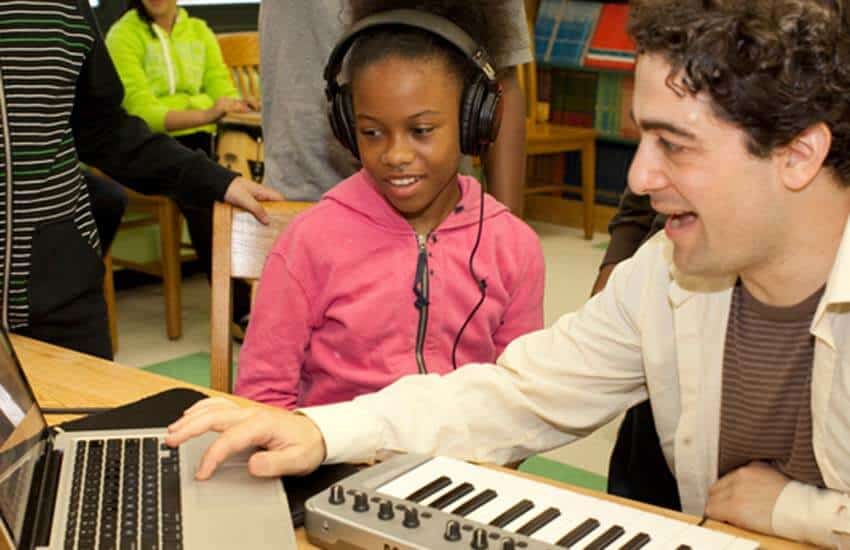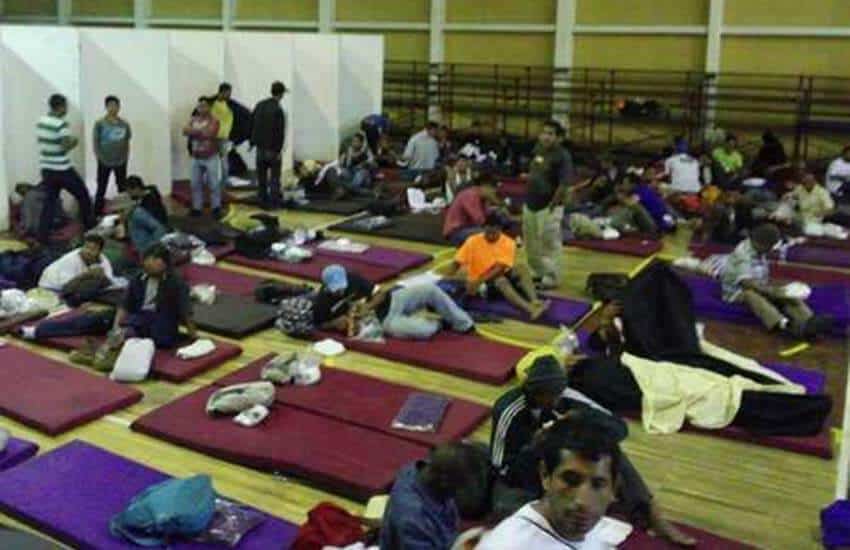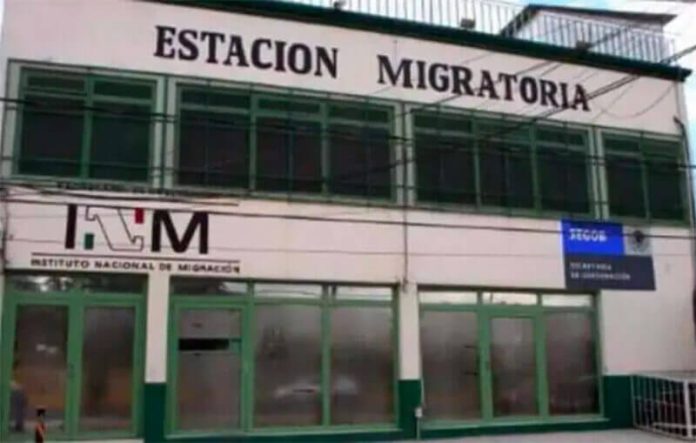According to official statistics, some 147,000 people apprehended by Mexican immigration authorities were held in a detention center between January and August this year. Earlier this month, Herbenson Elma, 38, of Haiti and Canadian Daniel Maté, 46, joined this unenviable club.
Both were apprehended by authorities while traveling by bus through Mexico, but this is where most similarities in their stories end.
“We were in prison together,” said Elma, who, with other Haitian migrants, was released shortly after Maté.
Elma, had been camped out in Tapachula, Chiapas, near Mexico’s border with Guatemala, hoping to reach Tijuana to find work. Like many migrants from his country, Elma left Haiti to escape gang violence, living the past two years in Brazil before making the trek to the Guatemala-Mexico border.
“When they released [the Haitian migrants], they gave us each a letter of expulsion that says we have to leave the country in 20 days,” he said via WhatsApp from Tapachula, where he and his fellow migrants were taken by immigration authorities following their detention in Mexico City.

By comparison, Maté — who was apprehended due to a tourist visa that expired while he was waiting for a second vaccine dose in Mexico before returning — was released from detention and deported home. There are no legal obstacles to him returning to Mexico.
The Canadian was so troubled by the differences in his experience from the migrants with whom he was imprisoned that the composer and writer began publicizing his story on social media as soon as he was safely home with his family.
Maté wrote in a thread of posts on Twitter:
“Hi. This thread is about an ordeal I just [had] in the Mexican immigration system. It’s about my experience, but it’s more about what’s going on for the hundreds of men from Haiti, Ecuador, Guatemala, Honduras, Nicaragua, Colombia and elsewhere still locked up there.”
“I was released yesterday from the notorious Las Ajugas federal immigration detention center in Mexico City after 24 days incarcerated, run by @INAMI_Mx [Mexico’s National Immigration Institute],” Maté tweeted. “My crime was an expired (by two months) tourist visa. I was deported, blessedly, back to Canada.”
In his posts, Maté went on to detail his experience in detention, which was extended when he contracted COVID-19 and was required to quarantine. This infection, he said, was “highly probable” considering that testing did not occur when he entered detention in Las Ajugas, that there is overcrowding and mask-wearing is only “loosely enforced.”

The rights of prisoners to services like translation, making complaints and lawyers are advertised on posters around the facility, he wrote. “But nearly all of them were denied to us.”
In quarantine, Maté was locked 24 hours a day in a tiny area with up to 22 other men. The men were attended once, very briefly, by a doctor and otherwise left with “little ventilation and no outdoor time for 13 of the 15 days,” he wrote.
Maté marveled at the kindness and resilience shown by those with whom he was detained.
“There’s no hostility among the detainees. It’s an environment of tremendous solidarity and goodwill. It felt safe in that way, no threat from the others … The threat is of malign neglect [by Mexican authorities].”
Maté also wrote that he was poorly treated, but that it was much worse, for example, for Haitian prisoners who were “particular recipients of contempt and neglect.”
“One of them was very sick for days with circulation and breathing problems and received next to no medical aid, carted back to the locked cell block on a stretcher rather than [taking] him to a hospital.

“I fear for his life. The last thing he said to me, in French, was that he believed God had put me there to tell the world ‘what they’re doing to us.’”
Maté believes that there is no good reason why he should have been released from detention while the other prisoners remained.
“That I’m out and free now and they’re not is a function of our respective lots in life, nothing more,” he said.
“I had outside support,” he told Mexico News Daily. “My consulate supported me. My publisher, Random House Mexico, hired a lawyer for me; the Canadian philosopher John Ralston Saul was in the ambassador’s ear every day because he’s friends with my dad [Maté’s father is renowned trauma and addiction specialist Gabor Maté].”
This placed obvious pressure on immigration authorities.
“They knew I had a team behind me — someone brought by a prescription from a Canadian doctor for extra vitamins and supplements for me; my family hired an infectious diseases specialist from a local university to come and examine me.”
“They couldn’t ignore me,” he said. By contrast, “the Haitians waited days for health care.”
“I got moments of hostility, but it was just nothing like the neglect that other people were getting,” Maté said. “And, of course, I hadn’t spent months and US $6,000 trudging through the Panamanian jungle — getting held at gunpoint, losing friends, exhausted,” he added, referring to the dangerous trek through the Darién Gap that connects Colombia and Panama, taken as part of the long journey by many migrants from the Caribbean and Africa into Central America and Mexico.
The Gap is beset by violence and lawlessness: gangs frequently attack migrants — stealing from, beating, raping and sometimes killing those passing through — exactly the sort of thing Elma was escaping when he left Haiti in the first place.
“’I left my country after bandits with guns tried to kill me,” he said. He needs to find work to support his wife and five children still in Haiti, he added.
Maté said he observed his fellow inmates being treated with “dishonesty, contempt and racism.” The very ill man whom he saw being taken on a stretcher to the locked cell block “hadn’t been able to change his clothes in 12 days, and he wasn’t eating.”
Migrants who had crossed many borders in recent months told Maté that their treatment by Mexican immigration authorities was the worst of them all.

In recent weeks, the Mexican government has joined the United States in a concerted effort to expel Haitian migrants from Mexico and prevent them from crossing the U.S. border. Some 4,000 have been deported to Haiti by U.S. authorities, and federal authorities from both countries have used violent force against migrants, including hunting, beating and ambushing them.
As CNN has recently reported, Haitians recently deported from the U.S. border following an apparent binational operation to corral them into Ciudad Acuña, Coahuila, which neighbors Del Rio, Texas, have been returned to a situation of escalating violence in the poorest country in the Latin America and Caribbean region.
“I am not going anywhere,” Elma said. “To go back home to my country would be looking to be killed. I prefer to die here.”
Maté urges people in Canada and the United States “to understand that our main North American little brother is carrying out our dirty work,” abusing migrants who are seeking safety.
Mexico News Daily
